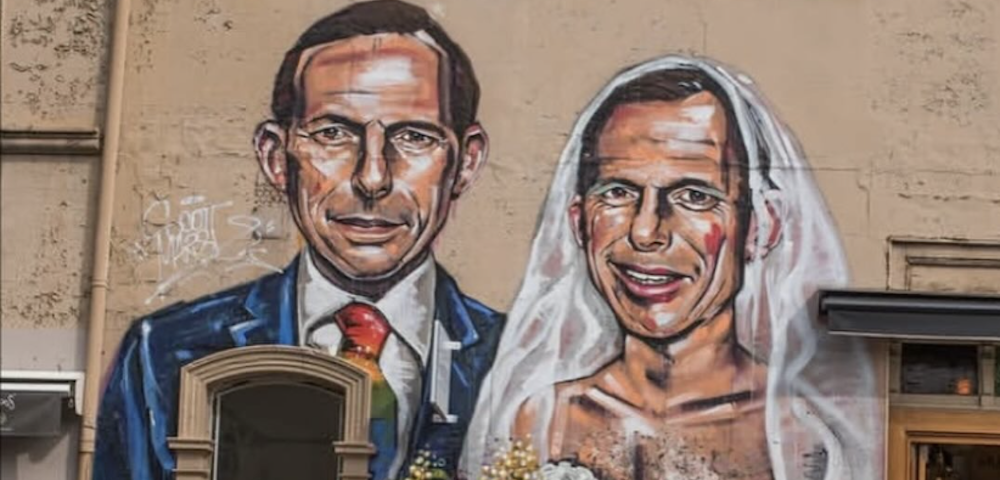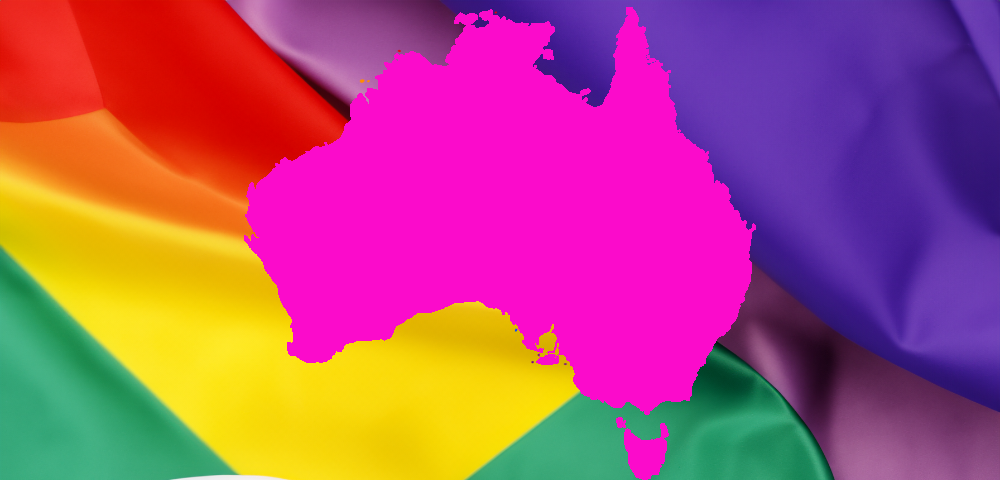
Lawyers say High Court challenge has reasonable chance of winning

CONSTITUTIONAL lawyers say there is a “reasonable” chance that the postal plebiscite on marriage equality could be stopped by the High Court.
It could be shut down because it falls outside the ordinary functions of the Australian Bureau of Statistics and because of no legal basis for the $122 million funding, according to the Financial Review.
A group of marriage equality advocates last week announced the High Court challenge to the plebiscite.
Legal experts say the High Court has been moving towards requiring laws to support spending, but the case could go either way.
Labor’s legal affairs spokesperson, Mark Dreyfus, said the challenge to the plebiscite had a 50-50 chance of success.
“I think there is a reasonable chance the challenge will succeed simply because the High Court has been, in recent times, much more concerned about the accountability of executive spending than it has been in the past,” said Professor Anne Twomey from the University of Sydney.
“The stronger argument relates to the financing. If the High Court takes a stricter view, in favour of parliamentary scrutiny and the need for legislation to authorise expenditure, it’s going to be less sympathetic [to the government].
“But it’s one of those cases that could easily go either way. You don’t know until you’ve seen the arguments.”
University of NSW law dean Professor George Williams said the outcome was still “far from clear”.
“It’s a major test case that will deal with some developing and especially important principles about what the Commonwealth can spend money on,” he said.
“It’s going to be a real contest.”
Should the plebiscite go ahead, the deadline for enrolling or updating details to vote is August 24.










Fingers and toes crossed for that.
At the end of the day of course it’s up to the High Court but there are more questions than the rights and wrongs of the government spending $120 million in using the ABS this way, I think.
For example, does the government have a responsibility to include 16 and 17 year olds in this debate? It is not an election or referendum where the Parliament has decided 18 is the voting age. The fact is that 16 and 17 year olds can decide they are gay or straight or bi or trans if they feel inside themselves that they are. 16 and 17 year olds can also marry under the current law. On what basis are they excluded from this decision? Can the government make an arbitrary decision like this, especially given that this whole exercise is unprecedented and potentially sets down how future issues may be debated.
What about the Australians who will be disenfranchised for not having a postal address? Who has decided that’s fair? That affects a massive number of Australians overseas.
I would hope that the High Court can consider issues like this and they’re not just deemed to be questions of political policy which are judged by the electorate at the next election.